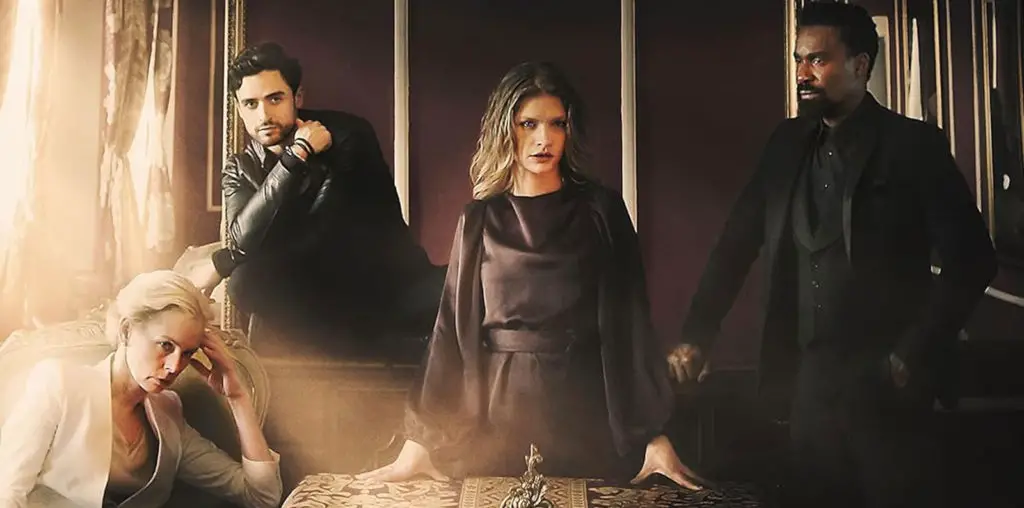
Jim Tushinski’s portrait of porn icon Peter Berlin is, like its narcissist subject, outwardly more show than tell, but also manages to get beyond the famous skin and reveal something of the soul that hovers beneath.
Armistead Maupin (“Peter Berlin lived 24 hours a day for the enjoyment of the rest of us.”) leads an able group of confidants, colleagues and admirers who add humour (“… like Dinah Shore with a hard on.” – John Waters), and understanding (“You see the film to see Peter, not to see him have sex with someone else.” – Wakefield Poole, but true to form it’s Armin a.k.a, Peter Burian, then finally Peter Berlin that dominates the film from top to bottom.
Born in Germany into poverty and losing his father as WW II came to a close, the dirty blonde model/photographer/filmmaker “grew up so poor, so everything else was gravy.” Knowing who he was, but faced with restrictions about expressing his sexuality at home, Berlin moved out as soon as possible: “I lived by myself and loved it from Day 1.”
Unforgettable to him was August 13, 1961 when “I remember [the] building of the Berlin Wall—an East German boy picked me up.” From then on, his mission in life was to draw men towards him—whether or not they had sex: it was all about the power of his look. A look that featured a buff, bare torso and pants so tight that his famous piece was covered in name only. And, if pressed “I include c**k,” but always on his terms, more often than not languishing softly between his thighs more Michelangelo than John Preston in effect.
The introverted exhibitionist (a whole new level of oxymoron) photographed himself—even to the point of shooting remarkably good double exposures. He both made and appeared in films whose narrative-lite, physique-obsessed formats were reminiscent of Warhol’s camera-rich trilogy Flesh (1968), Trash (1969) and Heat (1971).
Of course, there were men in his life and a variety of relationships. Berlin’s allure kept his bed full and the bills paid, but now at 60 his lovers have either died or moved on. His apartment is overwhelmed with pictures of himself. He’s become somewhat philosophical, “Only men over 40 should go to war—at that age they’re finished anyway.” He allows that “I f****d no one once I came to the U.S.” [over thirty years ago], yet we’re left with the feeling that it’s Berlin who’s been screwed: beautiful as they are, his pictures never give you a hug.
Like the man himself, it’s hard to keep your eyes off the film, but Tushinski’s subtext of the true value of beauty remains in memory long after the actual images have faded to black.
